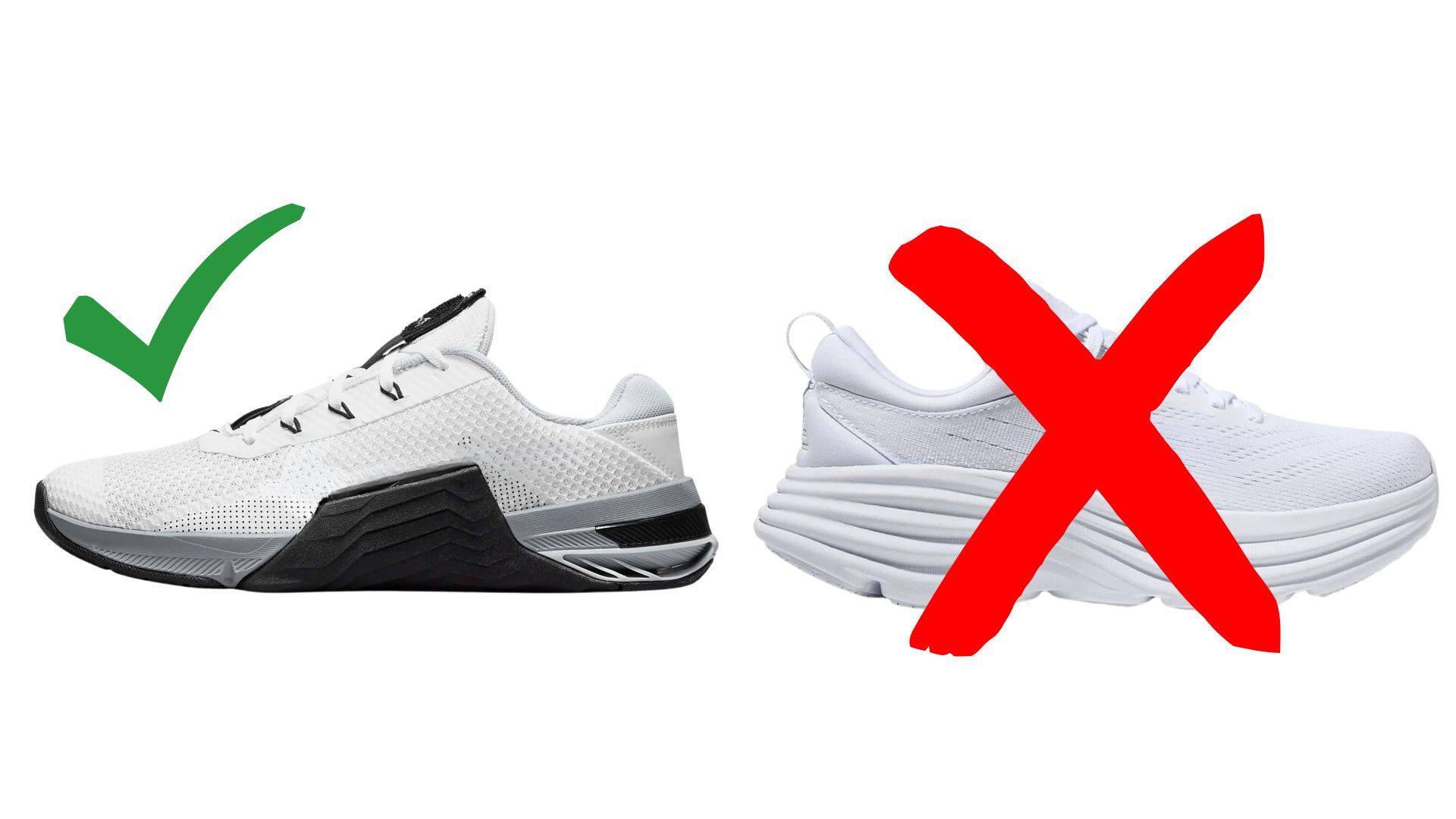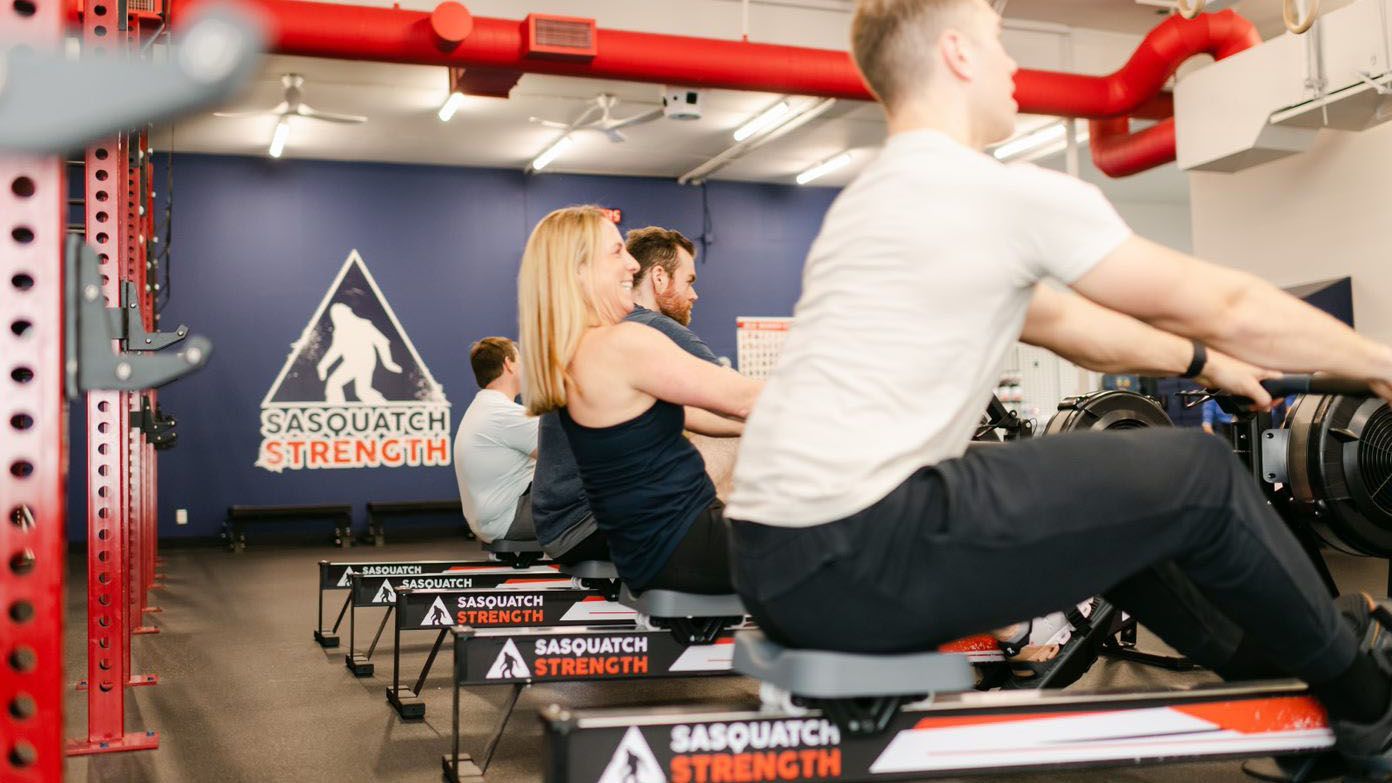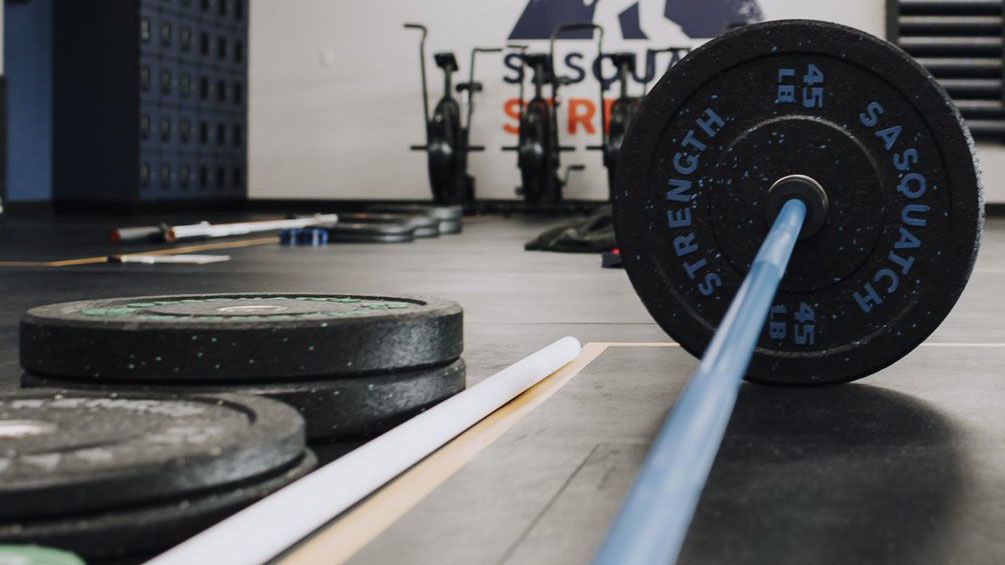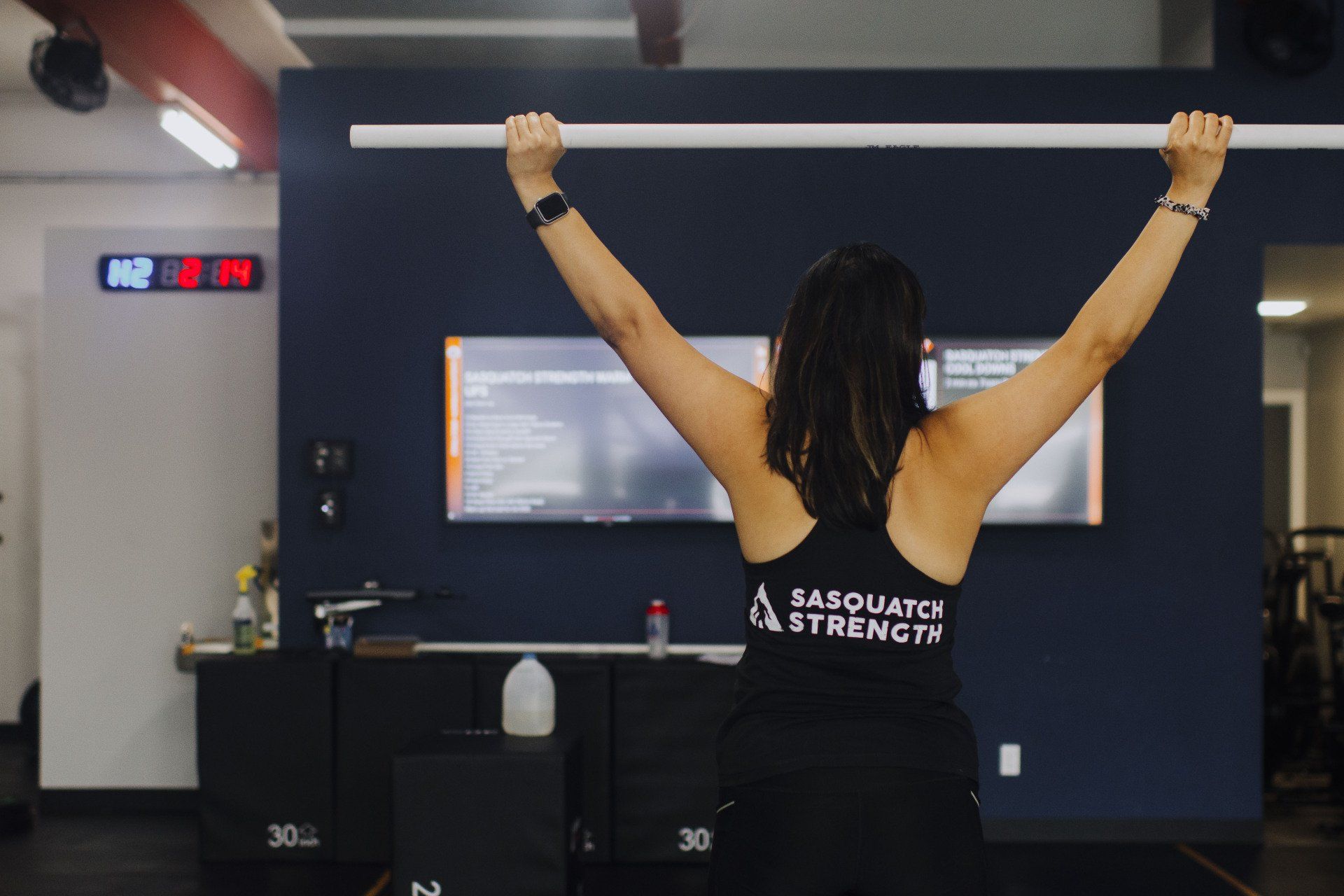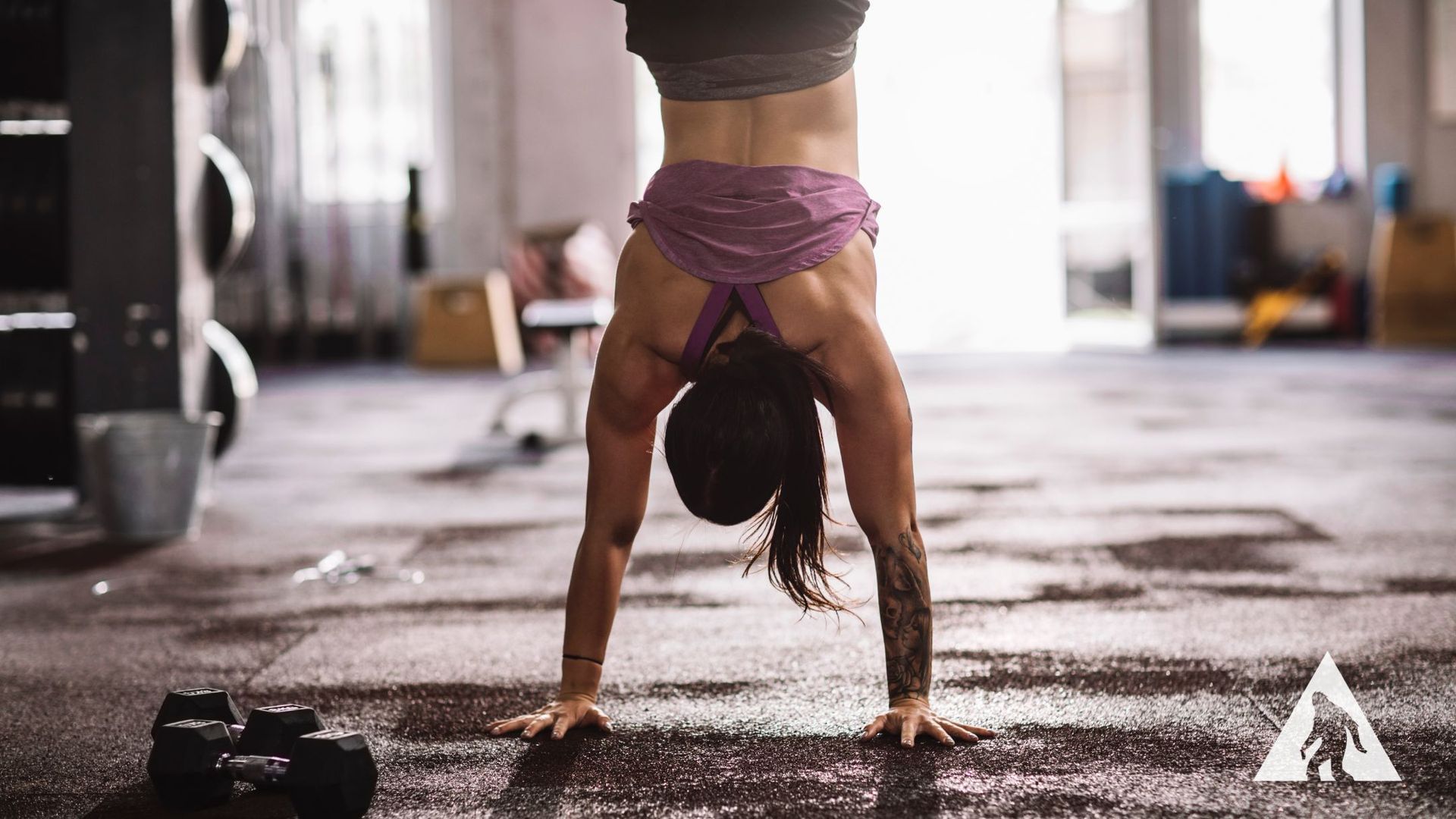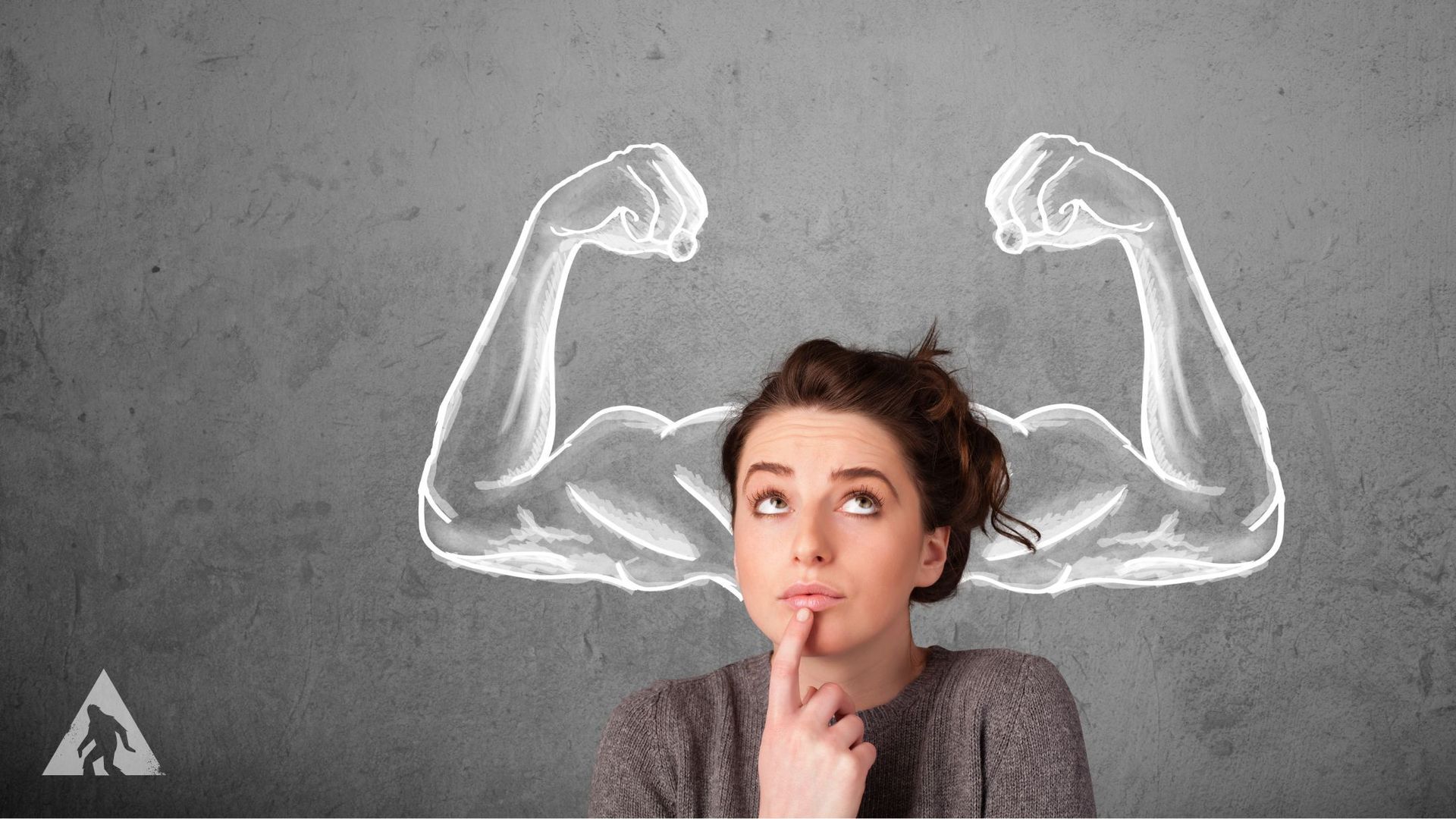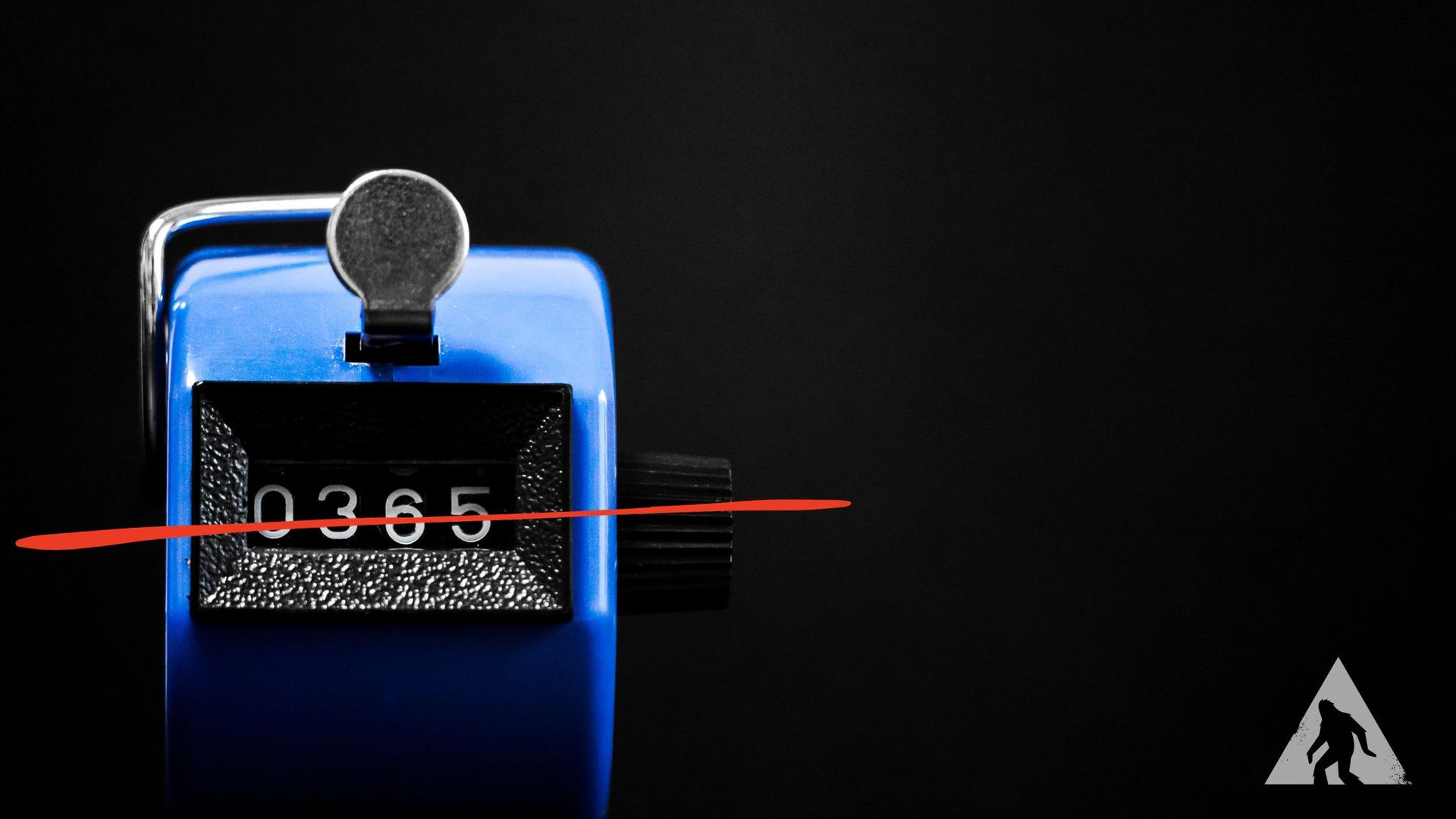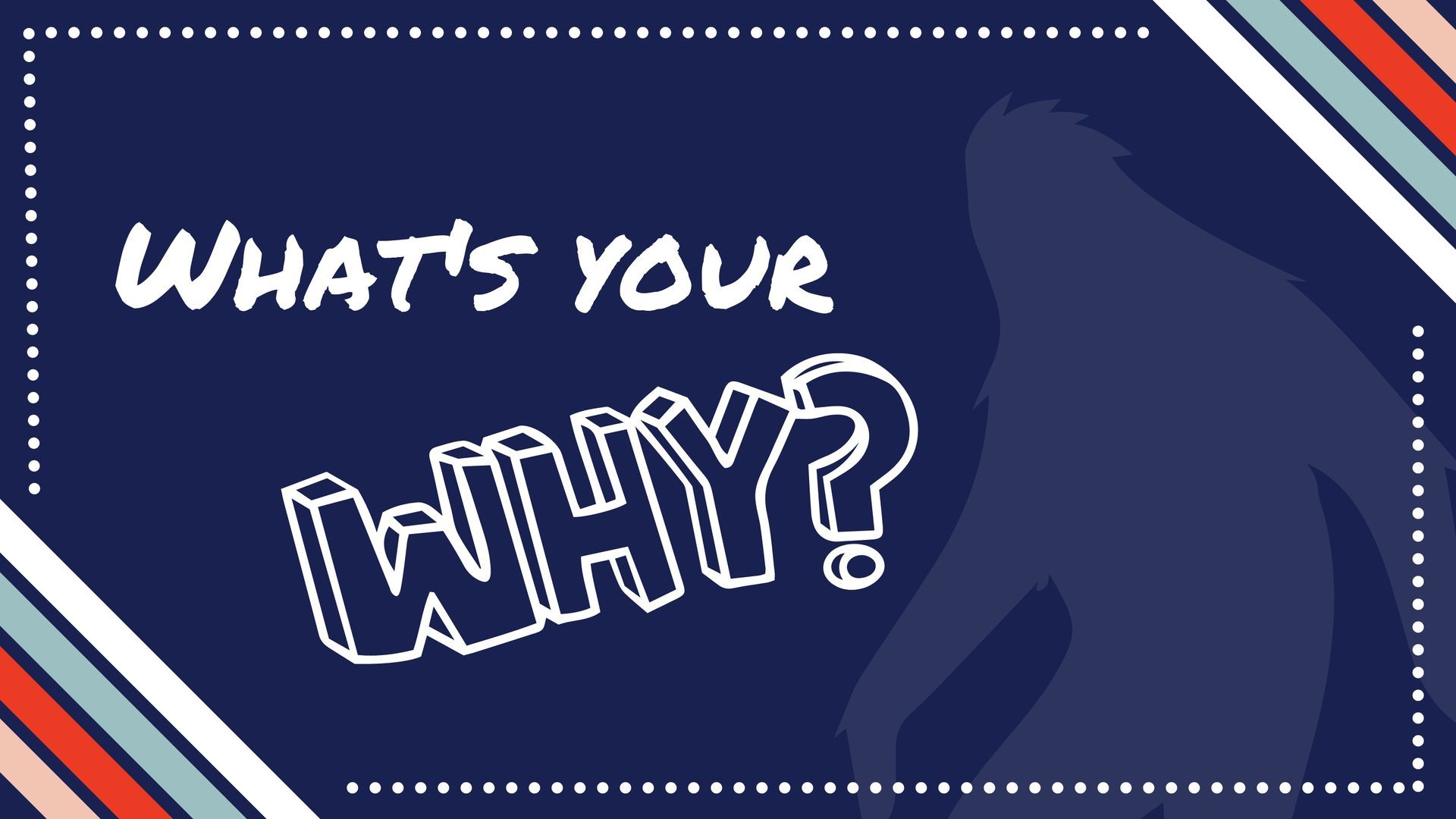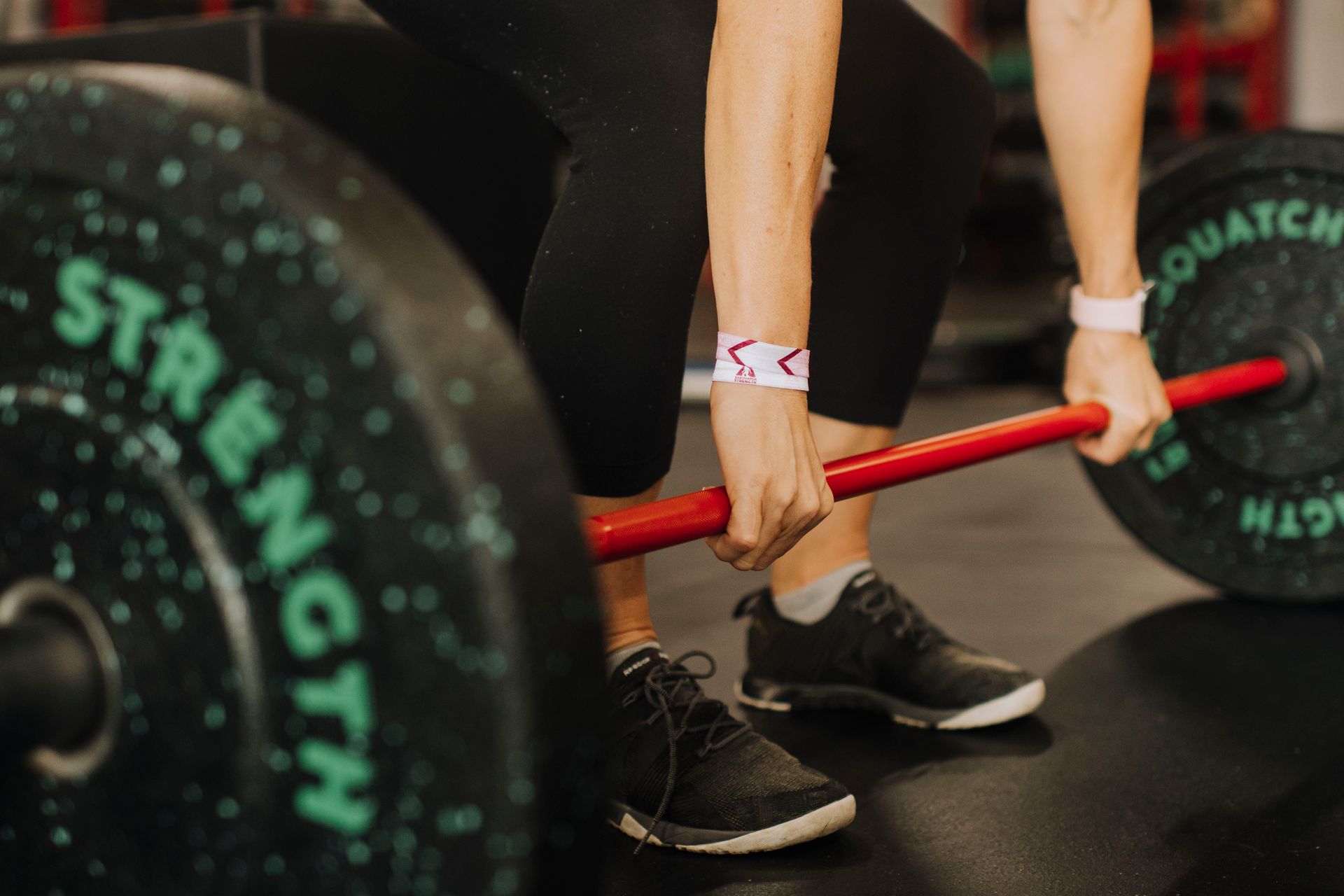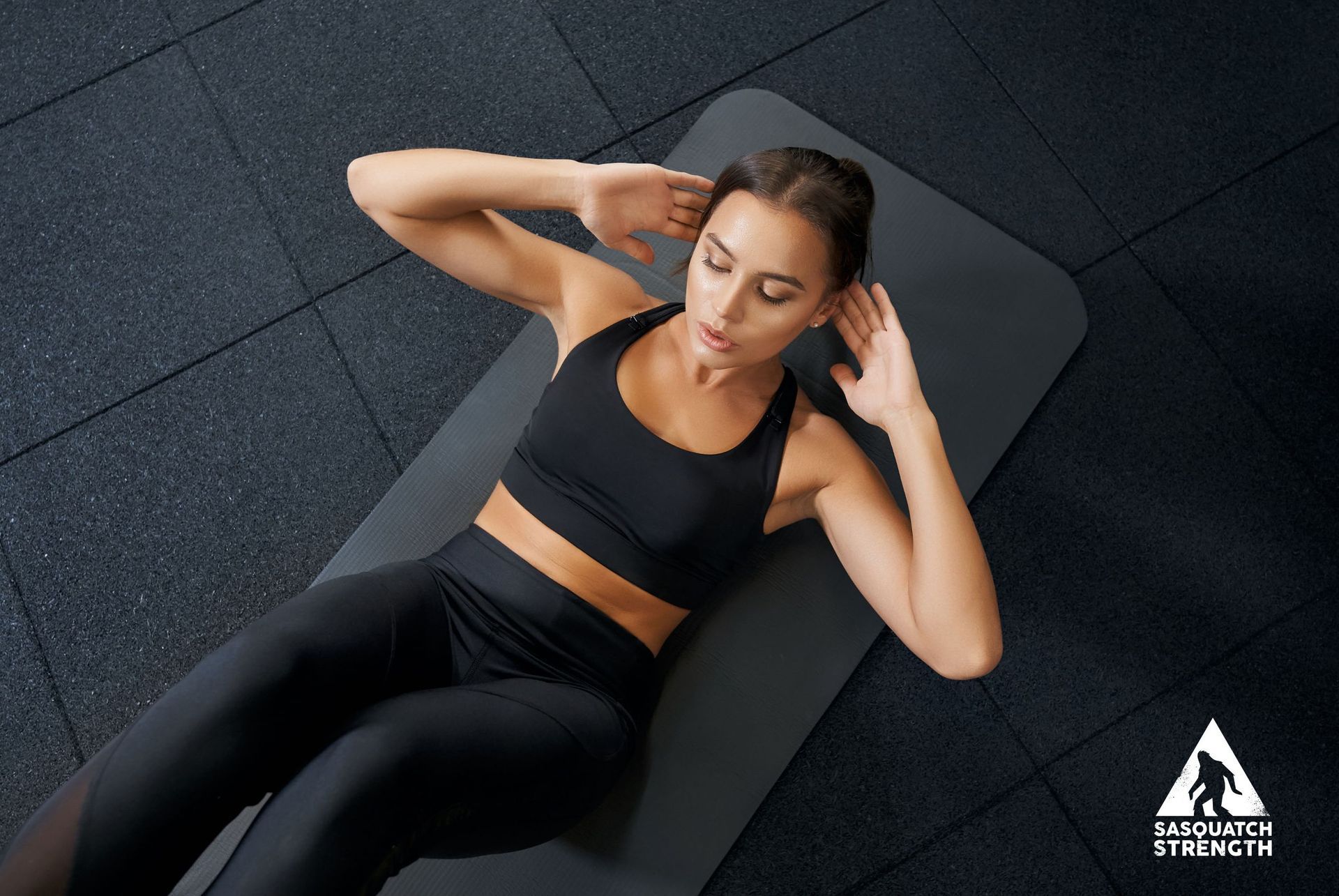
1: Fat is bad for you/Carbs are bad for you.
Why do they want you to believe this? Because it sells diets – books, meal plans, meal consultations, specialty foods etc. Have you ever noticed how foods go through phases of being “bad” or “good” for you? Remember the Atkins Diet? The No-Fat years and all the diet foods that sprang up to support that? Keto? Bulletproof?
No whole or even minimally processed foods are inherently “bad” for you. Or “good” for you. The only exception is if you, personally, have an allergy to a food. Then, duh, you shouldn’t eat that – it’s bad for you.
The key to all things is moderation. Eat too much of anything and there will be side effects. Even vegetables. True, it’s unlikely you’ll gain weight from eating too much broccoli, but your digestive system will likely raise some objections.
Over the years fad diets have demonized every kind of food at some point. The truth is this: if you eat more calories than you use you will gain weight. If you get all of those calories from highly processed foods you are likely to have other issues as well due to not getting the micronutrients your body needs and possibly some other nasty things your body doesn’t need.
You do not need to cut out all carbs or all fat or even all sugar. To be healthy, consume all things (even junk food!) in moderation and you’ll be fine. If your goals are fat loss, how you eat will need to be more specific but you still shouldn’t be eliminating an entire macronutrient group. Your body needs fats and carbohydrates and protein to function properly. A lack of balance in your macronutrient consumption can cause issues for your body, especially in terms of hormone production.
2: You can out-exercise a bad diet
Why do they want you to believe this? Because it sells gym memberships, fitness regimens, magazines, books, fitness equipment and much more. If they keep you believing you can get the body of your dreams if you just try this one thing, they can keep selling you new magic solutions.
The number of calories you can use through exercise is much less than you can easily eat. A “bad diet” usually means eating a lot of highly processed foods and foods high in sugar and fat (which makes them high in calories) and low in essential nutrients.
Unless you’re a high-level athlete who spends the majority of their time training in a sport, most of your day probably involves little rigorous movement. Spending one hour (or even two or three) in the gym isn’t going use more calories than will be consumed eating lots of food and beverages high in sugar and fat.
3: You must eat less to lose weight.
Why do they want you to believe this? Because it sells diets and diet products. Thousands of books, programs, diet plans, and products have been sold promising to make eating less food easy. Shakes that will keep you feeling full all day. Simple tricks that will do the same.
The truth is, yes, a calorie deficit is usually necessary for fat loss. However, what that means is much more complex than just constantly eating less.
Have you tried a diet, lost weight, and then had it all come back – and bring friends? That’s what happens to most people on most diets with a steep calorie deficit. Eating too little causes the body to think there’s a food shortage and go into self-preservation mode. It starts using less energy and holding on to that stored energy because it thinks there’s a famine and that you’re gonna need those fat stores to survive.
Constantly eating too little is usually what’s behind “yo-yo dieting”. Sometimes it is necessary to eat more than you’ve been told you should by the diet industry in order to get your body to the point it’s willing to burn those fat stores.
4: How much you sweat is the measure of a good workout.
Simply put, it’s not. You can walk outside on a hot day and be drenched in sweat. Does that mean you got a hard workout in? No. It means it’s hot outside and your body is trying to cool itself.
When you exercise, when it’s hot outside, when you’re stressed etc., your body heats up. To cool down, your brain tells your sweat glands it’s time to get to work. When you sweat, the water on your skin evaporates (turns from liquid to gas), which cools your body by taking some of the heat with it. This helps lower the body’s temperature and keep you from overheating.
So, yes, a hard workout can make you hotter, which can make you sweat more. BUT. Sometimes a hard workout won’t make you sweat a lot. That doesn’t mean it wasn’t hard and it definitely doesn’t mean it wasn’t beneficial. All it means is your body didn’t feel like it needed to cool you down during that workout.
Why do they want you to believe this? It sells workouts that are easy to mass produce. If all you have to do is get people to sweat, all you have to do is make them move around a bunch. Moving around a bunch is great, but it’s not a full-spectrum workout. Designing workouts that increase fitness in all energy pathways of the body is much harder If you want to get strong, you’re going to have to do more than run around like a hamster. Building strength and skill can mean slowing down, which can mean you don’t sweat as much.
5: More sweat means more fat-loss.
More sweat does not mean you are losing fat faster. It just means you’re sweating more. Yes, you will weigh less after a super sweaty workout – but only temporarily. The “weight loss” experienced right after you sweat a lot is just water loss. You haven’t lost fat. You’ve just gotten less hydrated. Once you rehydrate that weight will be back.
You may have heard that when fat is burned it leaves the body via sweat and exhalation (breathing out). That is true. But it is important to understand that while those are the ways fat exits the body when your body is done with it, that is NOT what causes the body to use fat it has stored.
Water and soap are very effective at cleaning your dishes, but just pouring water and soap down the drain while the dishes sit on the counter isn’t going to get those dishes clean. Most of the time when you’re breathing and sweating, your fat stores are like those plates on the counter – not involved in the process. A number of other things have to occur to convince the body to burn fat. If all it took was breathing more and sweating more, fat loss would be easy.
6: Lose weight fast with one easy _____ (supplement, trick, piece of equipment etc.)
Losing fat is hard. Anyone who says differently is selling something. If any of these quick easy tricks worked, EVERYONE would use it and the inventor would a bazillionaire.
Your body is designed for survival. Back in the olden days, food (energy) was frequently not guaranteed and/or took a lot of work to acquire and consume. This means the human body got really good at storing the energy provided by food so it could use it later if needed.
7: Targeted fat-loss is possible.
It is not. We all wish it was, but it is not. Doing more sit-ups will not burn fat from your abs faster. Running will not target the fat stored in your legs first.
Your DNA decides where you store fat and where you lose fat from first. A special cream will not help lose fat from one place faster than another any more than electric shocks or vibrating bands will. The sad and unfortunate truth is we have no control over where we lose fat from. Most of the time fat loss happens in a general overall process.
